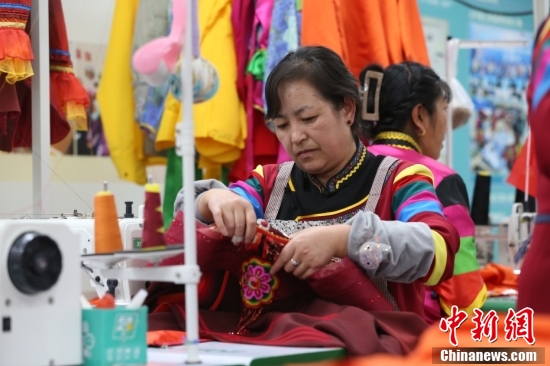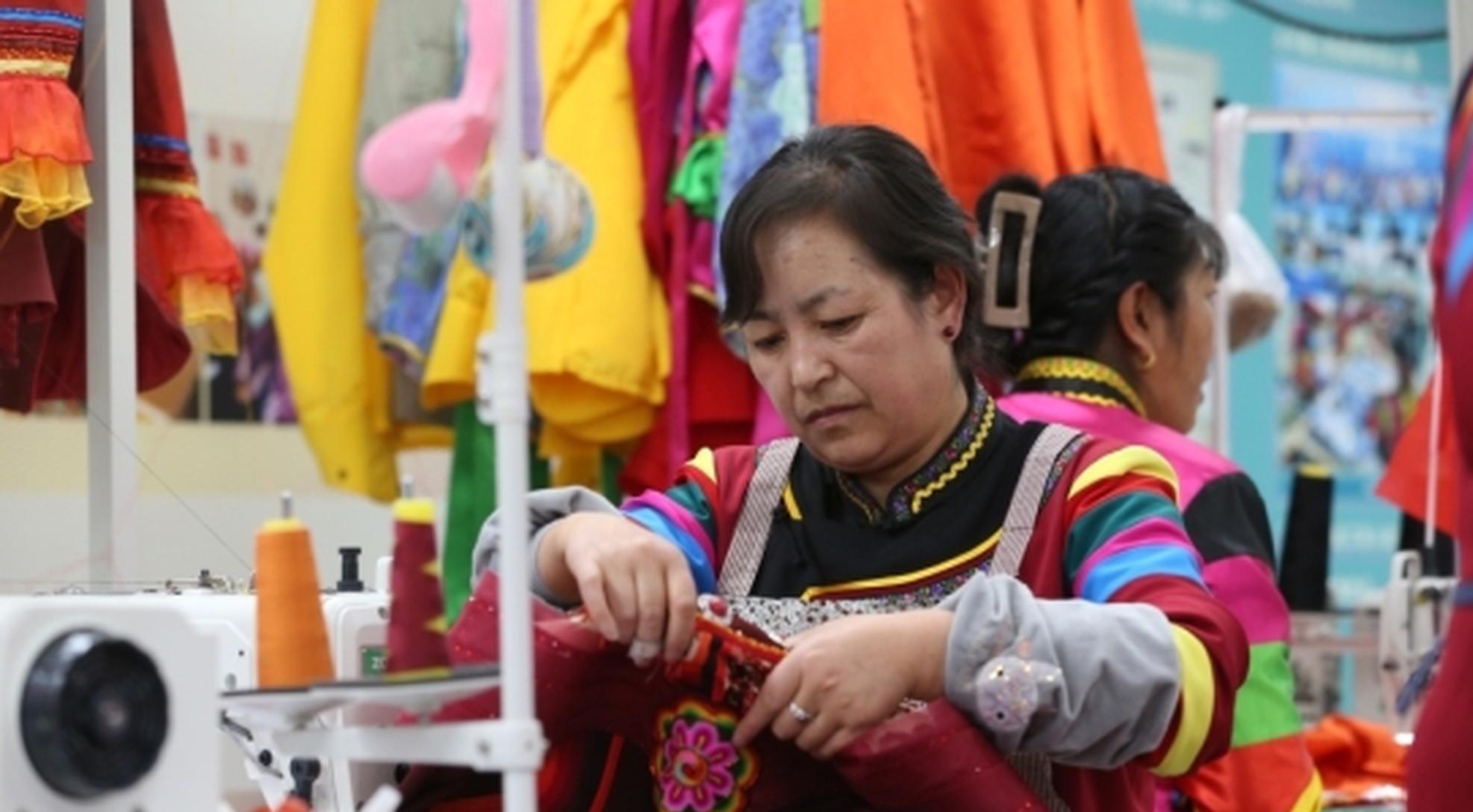NPC deputies, CPPCC members offer advice, suggestions for realization of creating over 12 mln urban jobs

(ECNS) -- China has set a target to create more than 12 million new urban jobs this year while keeping the urban surveyed unemployment rate at around 5.5 percent, according to the government work report released last week.
Data shows that 12.22 million college graduates will enter the job market this year and 30 million people who have been lifted out of poverty are striving for stable employment, while a large number of rural laborers are seeking job opportunities.
Against such a backdrop, the National People's Congress (NPC) deputies and the Chinese People's Political Consultative Conference (CPPCC) National Committee members have offered solutions during the 2025 two sessions.
They believed that job opportunities will be generated as new technologies emerge. New industry formats such as the integration of AI and smart manufacturing, E-commerce, elderly care, and telemedicine should be further developed to create job opportunities, said Min Weidong, an NPC deputy and director of the Metaverse Research Institute at Nanchang University.
Ding Guanghong, a member of the 14th National Committee of the CPPCC, also noted that while technological advancements may disrupt traditional jobs, they also generate higher-quality employment opportunities.
"The invention of automobiles displaced rickshaw pullers, but it also spurred economic growth and created more jobs," he said.
Li Donglin, a deputy to the 14th NPC and chairman of CRRC Zhuzhou Electric Locomotive Research Institute Co Ltd in Hunan province, highlighted the growing demand for high skilled talent in fields like robotics and new energy vehicles, particularly those with expertise in AI and advanced degrees.
"Emerging industries such as smart manufacturing and electronic information are becoming new hotspots for employment," said Wang Jinsong, an NPC deputy and vice president of Tianjin University of Technology and Education. He emphasized that these sectors will offer fresh career options and development opportunities for job seekers.
This year's government work report introduced a new focus on investing in human resources to serve people's livelihoods. Vocational skills training has been identified as a critical pathway for workers to enhance their skills, increase income, and address structural employment mismatches.
According to Wang Xiaoping, minister of China’s Human Resources and Social Security, the country will launch a training initiative called “Skills lighten the future”, with over 10 million people will enjoy vocational training subsidies annually over the next three years.
The initiative will target high-demand sectors such as advanced manufacturing, modern services, and emerging professions, aiming to bridge the gap between job requirements and worker skills through a comprehensive approach integrating job demand, skills training, certification, and employment services, Wang said.
Emerging industries like smart manufacturing and green energy have become significant sources of employment, with some sectors even facing labor shortages. Therefore, Xu Ling, a CPPCC member and vice president of Guangdong Polytechnic Normal University, urged greater alignment between industrial and employment policies to address mismatches in labor supply and demand. "We need to encourage more college graduates and other groups to move into emerging and upgrading industries," she said.
In February, China's Ministry of Education released 758 newly revised vocational education standards covering high-demand fields such as new energy vehicles and artificial intelligence. Vocational institutions are now focusing on cultivating highly skilled talent to meet industry needs.
Qiu Ninghong, an NPC deputy and professor at Zunyi Vocational and Technical College, called for optimizing curricula to align with market demands, increasing practical training, and integrating real scenarios into teaching. "We need to add courses in cutting-edge areas like AI, smart manufacturing, and modern agriculture to enhance graduates' competitiveness," Qiu said.
The government work report also emphasized integrating vocational and general education, promoting industry-education collaboration, and enhancing the adaptability of vocational education.
Xu suggested adjustments to higher education programs and accelerating the development of vocational education and lifelong skills training systems. "We need bold reforms for outdated programs and stronger support for emerging industries," she said.
Mei Bing, an NPC deputy and secretary of the Communist Party Committee at East China Normal University, stressed the importance of improving the quality of talent cultivation. "Universities must not only support graduates during the job-hunting season but also focus on aligning academic programs with market needs and enhancing the quality of education," Mei said.

